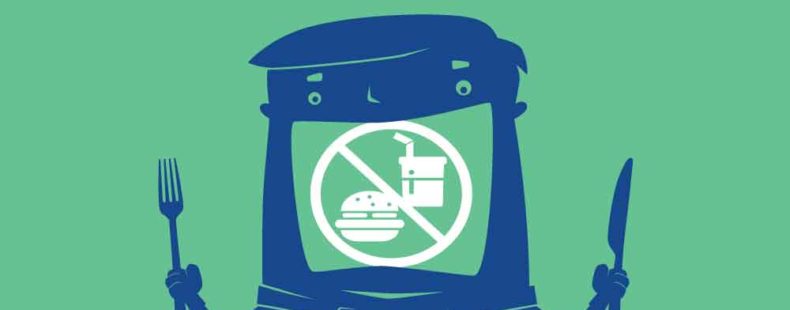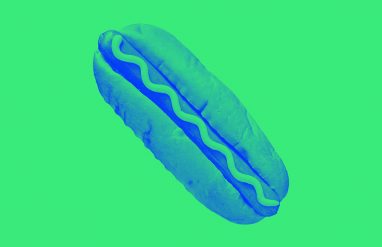Whether you’re traveling abroad or practicing your foreign language skills, beware of false friends. No, we don’t mean the frenemy who’s always talking about you behind your back. (Although you should be careful there too!)
We’re talking about words in one’s native language that may resemble others in a foreign language, but are in no way related. You can get into quite a bit of trouble with these “false friends.” For example, while a puff pastry sounds delicious in English, the word puff resembles the German word for brothel. Oops!
As you can see, false friends can lead to humorous mixups. We’ve compiled eight English food-related words that would be embarrassing if uttered overseas. (And watch out—in Spanish, embarazada means pregnant, not embarrassed!)






















